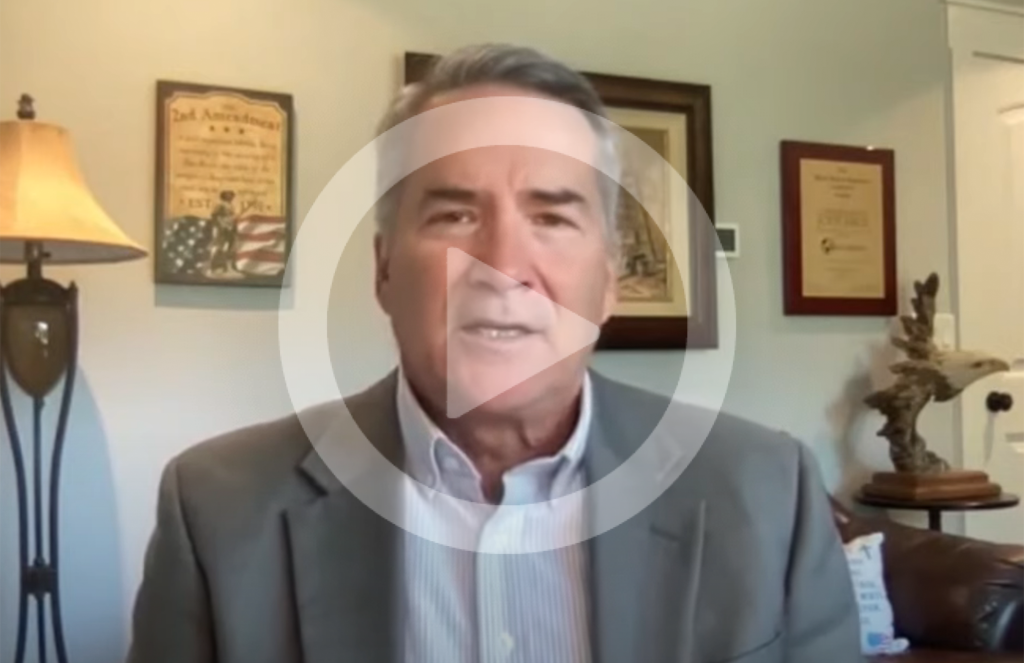Hice: Reckless Spending Will Not Determine the Future of Federal Information Technology
WASHINGTON — Government Operations Subcommittee Ranking Member Jody Hice (R-Ga.) opened today’s hearing on “Project Federal Information Technology: Make IT Work” by highlighting that pouring billions of dollars and waiting decades does not mean agencies will get their IT houses in order. He emphasized that solid oversight, backed by reliable information, will determine the true state of federal IT moving forward. Subcommittee Ranking Member Hice pointed out that the Biden Administration has developed a concerning pattern of ignoring Cross Agency Priority (CAP) goals which provide Congress a long-term management blueprint from each administration for improvement and reform related to future federal IT benchmarks. He concluded by calling for more discussions on this critical topic.
Below is Subcommittee Ranking Member Hice’s remarks as prepared:
Thank you for calling this hearing, Chairman Connolly.
As I have said before, I appreciate your insistence on bringing Biden Administration witnesses before this subcommittee to testify.
And Ms. Martorana, I appreciate your being here today and I offer my condolences for the loss in your family which preventing your appearance in July.
None of us can understate the importance of federal information technology.
I cannot think of an aspect of government that does not rely on information technology to deliver services.
And there is the underlying assumption the vast amounts of funding – now over $100 billion a year, will deliver the intended results.
But in my time in Congress, and certainly during my time as ranking member of this subcommittee, I have learned we cannot make that assumption.
As our hearings with the IRS have shown, simply spending billions of dollars and waiting decades does not mean agencies will get their IT house in order.
And while my Democratic colleagues claim the source of the problem is a lack of funding, I reject that premise.
Simply pouring more money into a black hole is not a solution.
What we need is solid oversight, backed by reliable information, to determine the true state of federal IT.
To determine whether IT projects are delivered on-time and on-budget.
Whether IT projects deliver the intended results, and whether federal systems and networks are secure.
I am far from convinced this is the case.
In today’s hearing, I am eager to learn more about what exactly we do know about federal IT and what ability the Federal CIO has to drive behavior and improvement
And I also want to voice my concerns about what seems to be a pattern from this administration: ignoring the law and the clear intent of Congress.
The law requires OMB to develop management goals – known as Cross Agency Priorities, or CAP goals.
Congress wanted a long-term management blueprint from each administration for improvement and reform.
These not only should help improve agency performance but give us here – in our role as the de facto board of directors for the federal government – a map for effective oversight.
Yet the Biden Administration ignored this requirement.
CAP goals were due by February 2022, but this did not happen.
I am not aware of any discussion of this matter between the Administration and this Committee.
I am not aware of any request for an extension.
They just did not do it.
This directly impacted the last FITARA Scorecard on perhaps the most important category – cybersecurity.
Administrations cannot comply with the law when and how they see fit.
With respect to the Technology Modernization Fund, this Administration is ignoring the intent of the underlying Modernizing Government Act.
The focus of the TMF, and the broader MGT, was to modernize government IT systems.
That meant doing away with the types of ancient systems that still run some of the most vital government programs.
In addition, a tenet of the TMF was that it would create an efficient cycle.
To paraphrase none other than Democratic Leader Steny Hoyer, agencies were to reimburse the fund, ideally through savings gained from doing away with costly legacy systems.
But the Biden Administration has opted for partial, or even minimal, reimbursements.
It is also emphasizing cyber security and customer experience projects, rather than retiring old systems.
Taken together, even if the law allows these practices, it is clearly not what Congress intended.
Why is the Biden Administration doing this?
Does the savings-based model of the TMF not work, or is it just inconvenient?
This Committee needs to know.
And what progress is being made retiring legacy systems?
Is there even a definition of what a legacy system is?
Do we know how well the billions in IT funding are being used?
Is the Federal IT Dashboard, which is supposed to give us the answer, at all reliable?
Where does the underlying data come from?
Is it accurate?
Are requirements and definitions uniform?
If not, what would it take for this to be that case?
And finally, what ability does the Federal CIO have to drive change and better practices?
The title sounds lofty, but as GAO notes in a new report, the Federal CIO position was never established in statute.
The first reference to the Federal CIO came in a press release – the actual role is the administrator of the Office of E-Government.
Regardless, the title of Federal CIO suggests the ability to direct agency CIOs and take a leading role.
But is this the case?
If Congress attempts to hold agency CIOs accountable, as we do through the FITARA Scorecard, should we not also hold the Federal CIO accountable?
But for what?
I am eager to have these questions answered today and in future conversations.
Again, I thank the chairman for holding this hearing.
I yield back.
